One of the first father and son in-law relationships we find in the Torah between Moshe and his father in law Yitro. The Torah recounts how after the Jewish people were successful in escaping from Egypt, culminating with miracles at the splitting of the sea, Yitro decides to travel to the desert himself to join his son in law's people.
Not too long after arriving he gives some constructive criticism. He sees that Moshe was the sole judge of over a million people, dealing with every type of dispute from the greatest to the pettiest. Yitro tells Moshe that he is overworking, and bearing too much responsibility. Moshe is advised to set up a court system and appoint other judges to deal with more minor cases, which Moshe right away agrees to.
How had Moshe not realised himself that as much energy as he had, there was no way he could serve as the sole Judge for over a million people? Why was Yitro needed to open Moshe’s eyes to a seemingly simple problem and its solution?
The truth is that Yitro was wrong. Moshe was indeed able to handle millions of people, something that nobody else would be able to do. For having been on Mount Sinai and spoken directly with G-d, Moshe was different to your average judge. He saw the world differently than you or I do, and was able to share this vantage point with the Jewish people.
So if there was an argument, instead of trying to convince each side to compromise, he would pull them out of their petty argument to a greater perspective from which their argument was no longer so important. Suddenly their outlook on life would change. They zoomed out to a greater, bigger world, and realised that they have a higher calling.
Practical lesson for us:
Sometimes when we have an argument with someone, even more important than trying to understand the other side, is to look at the bigger picture. There is so much good we need to accomplish; let’s not get mired in controversy.

